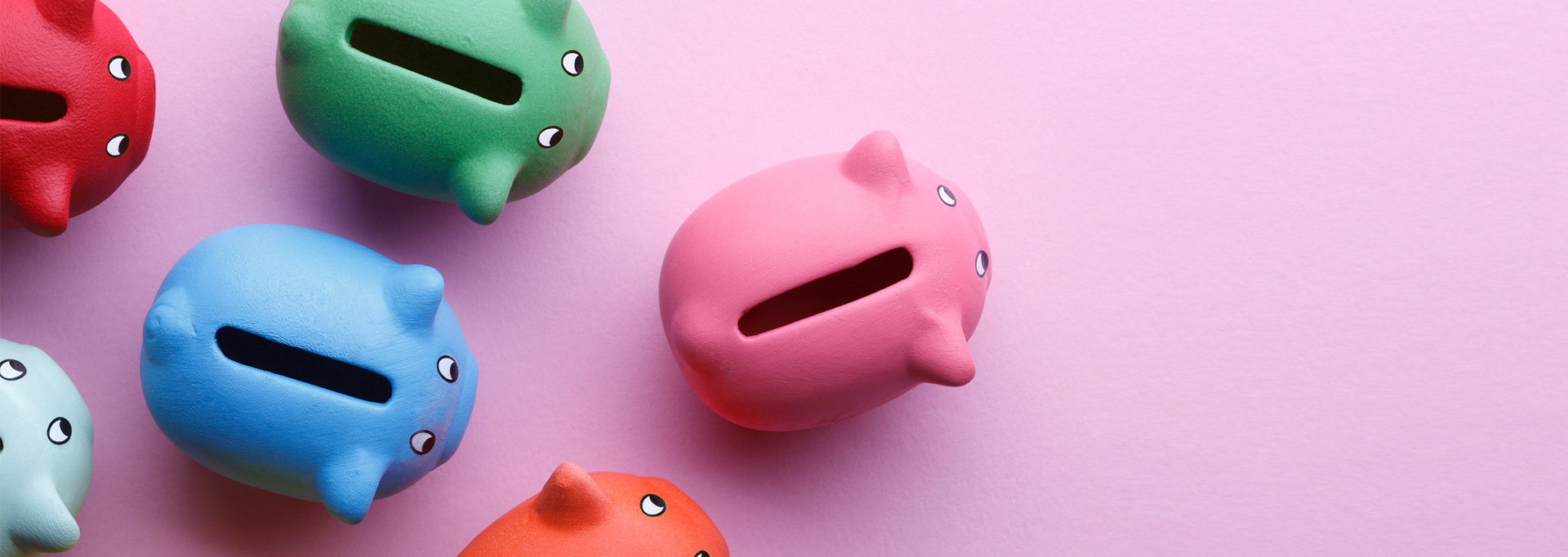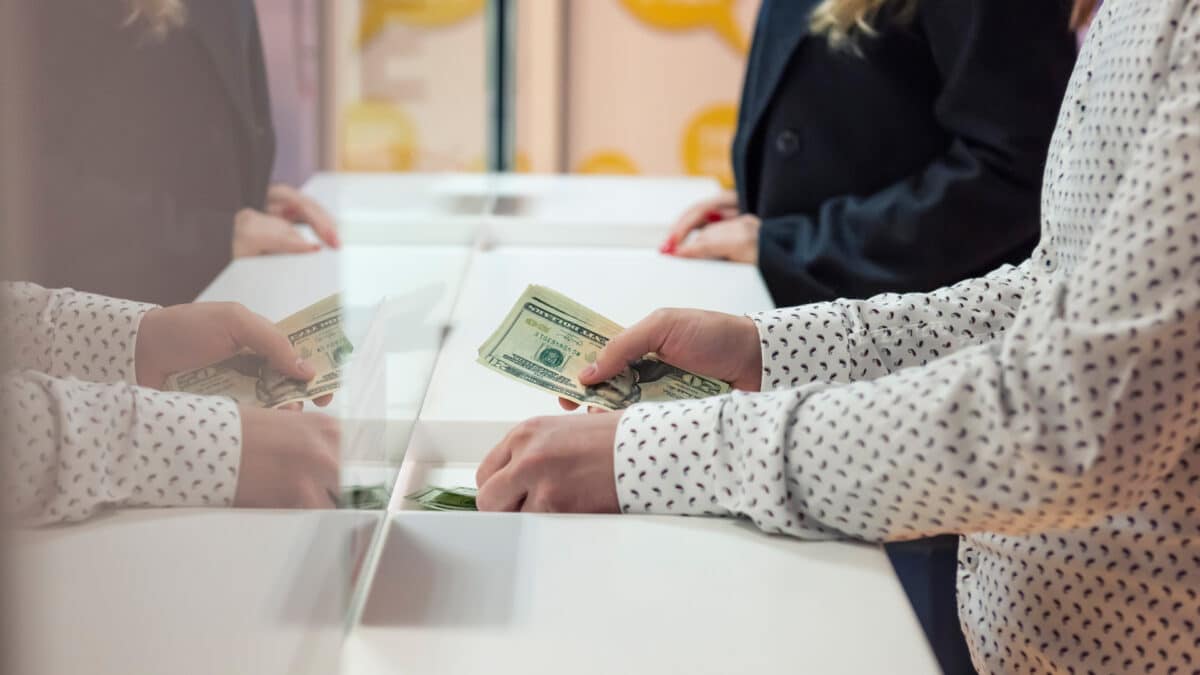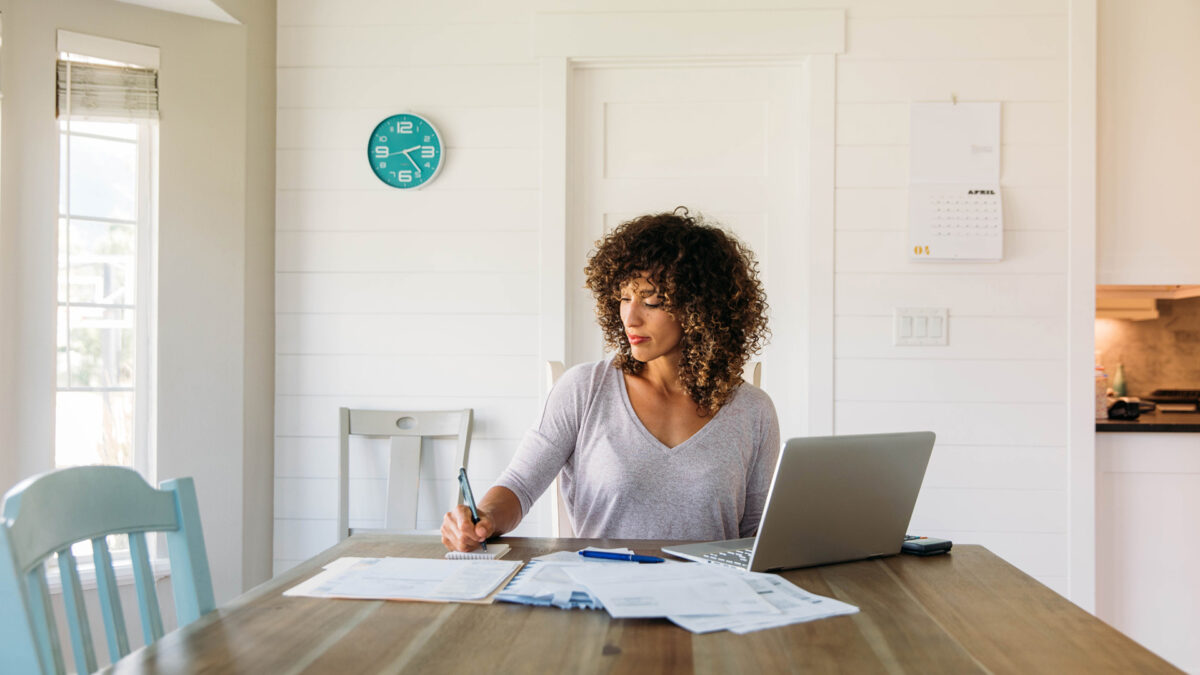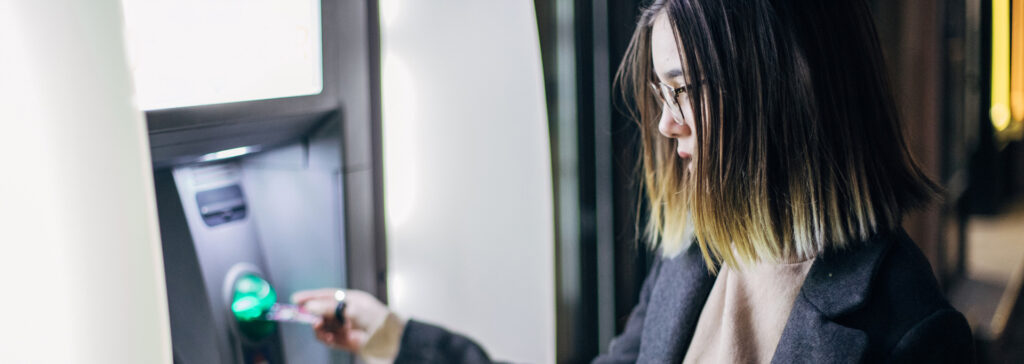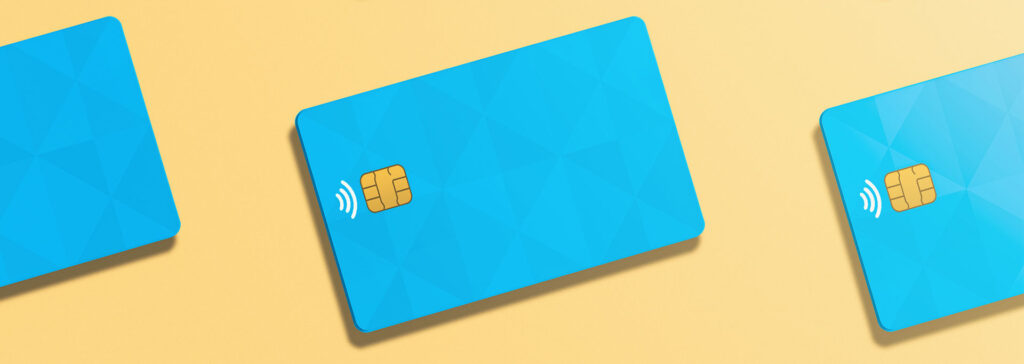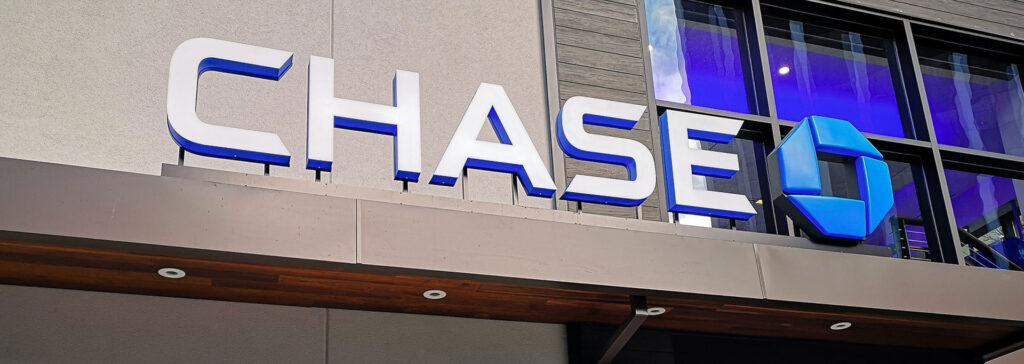Most products on this page are from partners who may compensate us. This may influence which products we write about and where and how they appear on the page. However, opinions expressed here are the author's alone, not those of any bank, credit card issuer, airline or hotel chain. This page may include information about American Express products currently unavailable on Slickdeals. American Express is not a partner of Slickdeals.
Though big bank failures have been making the news in 2023, it’s not uncommon for them to come in waves. Financial shockwaves like these are unsettling, but there are ways to minimize risk and keep your money safe.
You’re not alone if you’re considering opening multiple bank accounts to proactively take precautions, just as experts recommend for investing. It’s smart from a risk standpoint, but the truth is there are many other reasons why you might want to have multiple bank accounts too.
8 Benefits of Having Multiple Bank Accounts
A lot of people have trouble managing one bank account, let alone several. Having multiple bank accounts allows you to sort your money into different buckets for specific purposes much more easily.
Some of the benefits of having multiple bank accounts include:
- Spread out your risk
- Keep finances more organized
- Avoid spending temptations
- Earn better rates, perks and sign-up bonuses
- Maintain FDIC coverage
- Protect against financial abuse
- Keep business and personal finances separate
- Manage money separately from your partner
Just as you might sort leftovers in various food storage containers depending on food type, having lots of options for hosting your money helps you manage it better — even if it means more account passwords (or dishes to wash). We'll cover each in detail below.
1. Spread Out Your Risk
Virtually all banks offer FDIC insurance to protect your money even if the bank fails. This insurance guarantees you won’t lose any money you have stored in a deposit account (checking accounts, savings accounts, CDs, etc.). However, that protection only covers up to $250,000 per bank. Some banks are safer than others, but it’s possible for any bank to fail.
If your bank closes, it could take up to a few business days to access your money while the mess gets sorted out. But if you have a backup account elsewhere, you'll still have easy access to cash you can use to tide you over.
2. Keep Your Finances More Organized
Most people recognize that having a separate checking and savings account is helpful, but you can ramp that up further if you're still struggling to keep your spending in check. Some people may want two checking accounts: one for bills where you can set aside funds via automatic transfers, and one for everyday spending like buying a latte on the way to work or renting the latest season of Succession.
Having separate savings accounts is also especially helpful when saving for something specific. For example, if you separate your emergency fund from the money you're saving up to buy a house, you won’t need to worry about accidentally dipping into your down payment funds the next time a surprise expense pops up.
Money management made easyExplore the Best Checking Accounts
Visit the Marketplace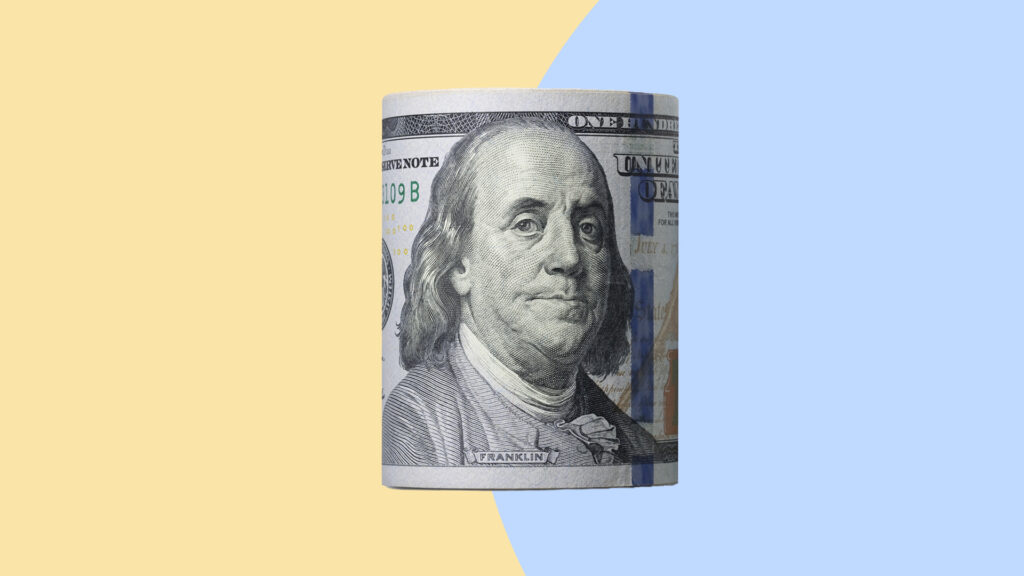
3. Avoid Spending Temptations
Opening multiple savings accounts can help you avoid tapping into them too early the next time your favorite store advertises a sweet sale. Many people judge whether they can spend money or not based on what’s in their checking account, for example. But if you have a set pile of cash stored away in a savings account, you don’t “see” it as available to spend in your checking account.
If you require a stronger buffer, you might open a savings account at a completely different bank entirely. This adds yet another layer of protection because it takes extra work to access that money on short notice.
4. Earn Better Interest Rates, Perks and Sign-Up Bonuses
You can take advantage of more perks by allocating your funds across multiple banking accounts. If you’ve got a favorite bank, you can keep your checking account at that institution and then park your savings at one of the many online banks offering higher-than-average interest rates, perks, and even bank sign-up bonuses worth hundreds of dollars. That can help propel you even faster toward your savings goals.
5. Stay Under FDIC Limits for Insurance Coverage
While housing your money with one bank is convenient, keeping more than $250,000 with any one bank can be dangerous since that's the limit of FDIC insurance coverage. If it were to fail, you could lose any money over that amount you have with that bank.
6. Help Protect Against Financial Abuse
Unfortunately, many people stay trapped in unhealthy relationships for financial reasons. It's not a bad idea to keep a separate "break glass in case of emergency" account if you ever need to leave on short notice.
The National Domestic Violence Hotline and the Alliance of HOPE have some good tips about how to do this safely if you're already in a situation like this. For example, you can open the account in your name but have statements and correspondence sent to a trusted friend or family member.
7. Keep Business and Personal Finances Separate
If you run a small business or even a consistent side hustle, it's wise to keep your business and your personal finances separate in different accounts. That makes it easier to track your finances and allocate money for taxes. It can also help provide financial protection in case someone sues your business.
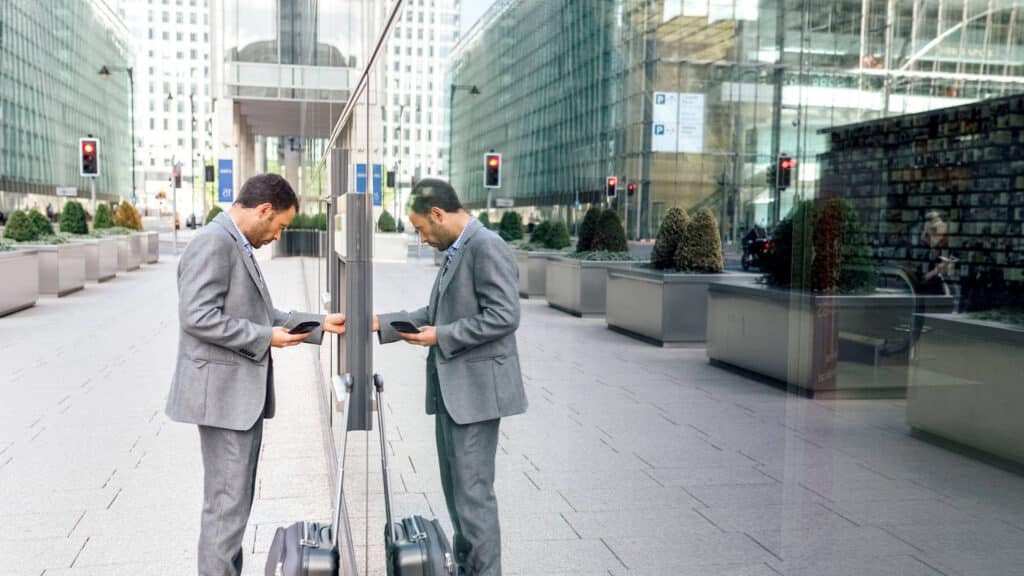
6 Best Banks for Small Businesses
8. Manage Money Separately From Your Partner
Combining your finances works for many couples, but not everyone. One approach that some partners use is keeping separate savings and checking accounts for their own purposes, plus another for joint finances. You might deposit your portion of monthly bill payments into a checking account used to pay household bills, for example, or save up for shared goals like buying a car.
Tips on Managing Multiple Bank Accounts
One of the biggest disadvantages of opening multiple bank accounts is that they’re tough to track. It's easy to wind up paying overdraft fees because you forgot about a charge on your old checking account, for example.
Luckily, it's usually not too hard to develop a good system to track all your accounts. Here are some tips:
- Use a budgeting app: Tools like Mint or Personal Capital can collect all of your bank account details in one spot so you can quickly see the up-to-date balances in each account.
- Use a password manager: Browser extensions and apps like LastPass or 1Password can help you maintain easy access to your different bank accounts.
- Set up account alerts: Setting up alerts for when your balance goes below a certain level can help you notify you if anything fishy happens, so you can respond in time.
- Check accounts regularly: Set reminders on your phone, email, to-do list app, paper wall calendar, or wherever you use to log in and ensure everything’s still on the up-and-up.
- Check neobanks and fintech banks: If you open an account with companies like Chime or Upgrade, double-check to ensure you're not already using their bank partner to stay under FDIC coverage limits.
- Create a one-pager cheat sheet: Make a quick one-page expense guide for all of your account requirements in Google or Microsoft, such as monthly deposits, transactions, balance amounts, etc.
- Create an in-case-of-death binder: Though dark to think about, it’s a good idea to have your account details listed somewhere for your loved ones to find if you're incapacitated (or if you forget) and store them somewhere safe.
Should You Have Multiple Bank Accounts?
Experts recommend that most people have multiple bank accounts, even if it’s as simple as a single checking and savings account. However, there are many reasons to have more accounts — if you can find a way to manage them safely, and you don’t lose money through fees and forgetfulness. Having multiple accounts is one of the many ways to keep your money safe.
There’s not a one-size-fits-all approach to this for everyone, so it may take some experimenting to find a system that works for your unique management style.
Build your savings fasterExplore the Best CD Rates
Visit the Marketplace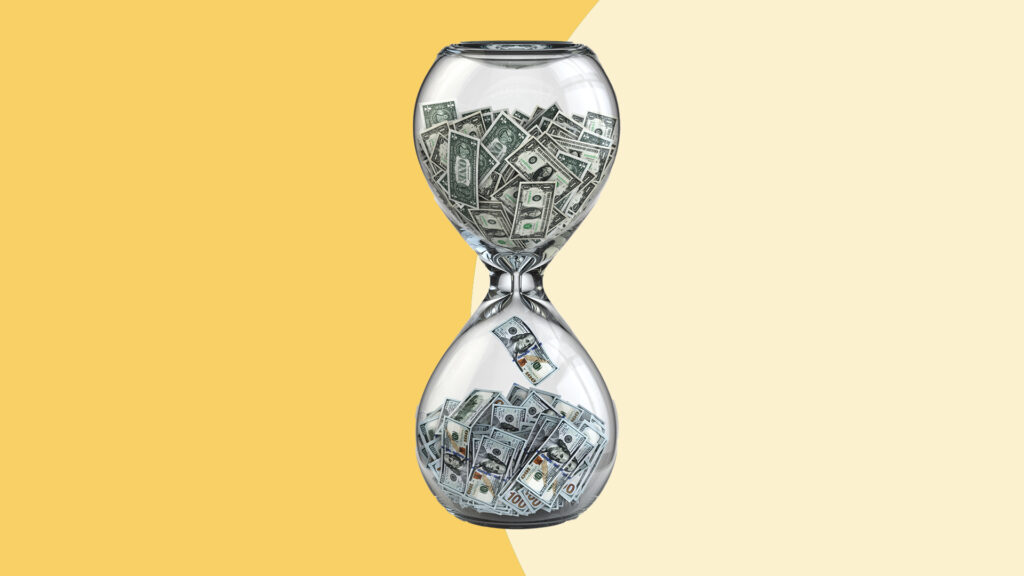
Frequently Asked Questions
-
For most people, yes — having multiple bank accounts at different banks is a good idea. However, if you struggle to manage things across different online platforms, it may be better to stick to one bank. Managing multiple bank accounts requires some organizational skills, but they’re easy to automate.
-
Most people should have at least two bank accounts: a checking account for spending and a savings account to save up for your financial goals. There's no limit to the number of bank accounts you should have as long as you can manage them all and avoid any fees.
-
The biggest disadvantage to having multiple bank accounts is that keeping track of them all can be tough without a good organizational system in place. You could end up paying overdraft fees if a charge you forgot about overdraws an account you don't regularly monitor, for example. If you don't have good security measures, it can also be easier for thieves to steal your money.
-
The "5 bank account method" or "high-five method" recommends that you open five different accounts: two checking accounts (one for bills and one for lifestyle expenses), and three savings accounts (one each for an emergency fund, long-term saving goals like buying a car or a house, and short-term saving goals like holiday gifts or vacations). It's an easier way to keep your money compartmentalized.
